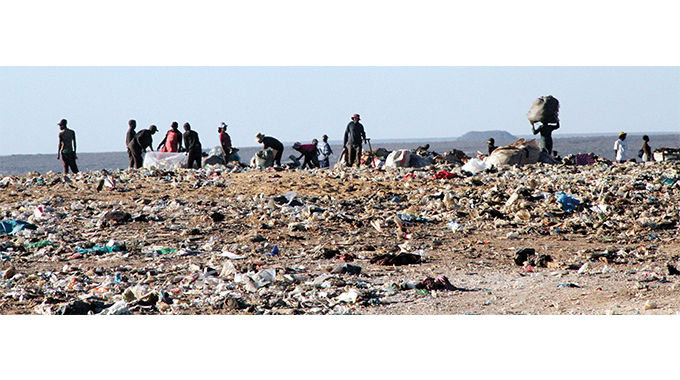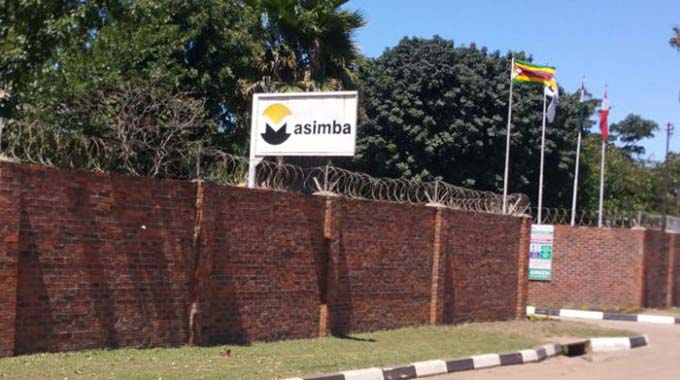Resilient agric sector contributes 12pc to GDP
ZIMBABWE has built a resilient agricultural sector that has grown to contribute 12 percent to the Gross Domestic Product (GDP) in the last few years with plans underway to replicate the Bubi-Lupane Irrigation project countrywide as a model for sustainable development, a Cabinet Minister has said.
Speaking at the inaugural Matabeleland North Diaspora Investment Conference that ended in Lupane on Saturday, Finance, Economic Development and Investment Promotion Minister Professor Mthuli Ncube said Zimbabwe has done so well under the Second Republic as the country will not run out of cereals, especially maize and wheat.
The two-day conference was organised by the Ministry of Foreign Affairs and International Trade and the Office of the President and Cabinet to identify and showcase investment opportunities in Matabeleland North and link the province to potential investors.
Prof Ncube said the province is rich in mining, tourism, wildlife, and other resources and should contribute more to the economy. He said the country has enough dams to support agriculture.
“Agriculture now contributes 12 percent to GDP, so it’s not a small sector. We have progressed in terms of output in soya beans, maize, and wheat, and we have done so well when it comes to wheat and we have enough to feed ourselves,” Prof Ncube said.
He said for the country to achieve an upper-middle-income economy by 2030, investments from the diaspora are critical.
The economy is agro-based and Government will continue to implement plans according to the National Development Strategy 1.
Prof Ncube said the Bubi-Lupane Irrigation Scheme which is located in Lupane district in Matabeleland North, has stood tall as a model project in the country.
The 200-hectare irrigation scheme was in 2021 identified as a pilot project for an integrated business model to be replicated by 450 irrigation schemes across the country as the Second Republic accelerates rural development and industrialisation.
In September 2021, President Mnangagwa launched the Arda Vision 2030 accelerator model programme at Bubi-Lupane Irrigation Scheme to stimulate rural industrialisation through agricultural development.
Under the model, each district across the country will have 200 hectares under irrigation with the beneficiaries being locals.
The irrigation gets water from Bubi-Lupane Dam, a 40 million cubic meter water facility that also supplies domestic and industrial water to Lupane town as well as Lupane State University and surrounding communities.
“We have developed an entire area where we are growing wheat. Who knew that wheat could come from a semi-arid area like Lupane? They are also doing maize and soya beans and what is interesting is the development model where we have made sure that the local community are shareholders in the project, earning wages and also getting dividends,” said Prof Ncube.
“All households and villages have transformed because domestic incomes are rising. So this is the leading project and is going to be replicated right across the country. We will replicate it in Tugwi-Mukosi, Gwayi-Shangani, Tuli-Manyange in Matabeleland South, Muchekeranwa Dam in Mashonaland East and Marovanyati Dam in Buhera.”
Prof Ncube appealed to investors, particularly locals based outside the country to consider investing in agriculture given that there are numerous rebates for those that develop infrastructure such as drilling boreholes and fencing around projects.
“Matabeleland North has numerous resources which we believe investors will find exciting and will contribute to the development of our economy,” he said.
Speaking at the same event, Matabeleland North Provincial Affairs and Devolution Minister Richard Moyo said the province is endowed with rich soils for both crop and livestock farming.
“The fact that the province gathered for the conference where all local authorities presented to unpack the investment opportunities and various economic activities from all the seven districts in the province dovetails with the Second Republic Vision for an upper middle-income society by the year 2030 being spearheaded through the implementation of the National Development Strategy (NDS1),” he said.
Minister Moyo also reiterated the call for diasporans to explore investment opportunities in the province.
-herald










